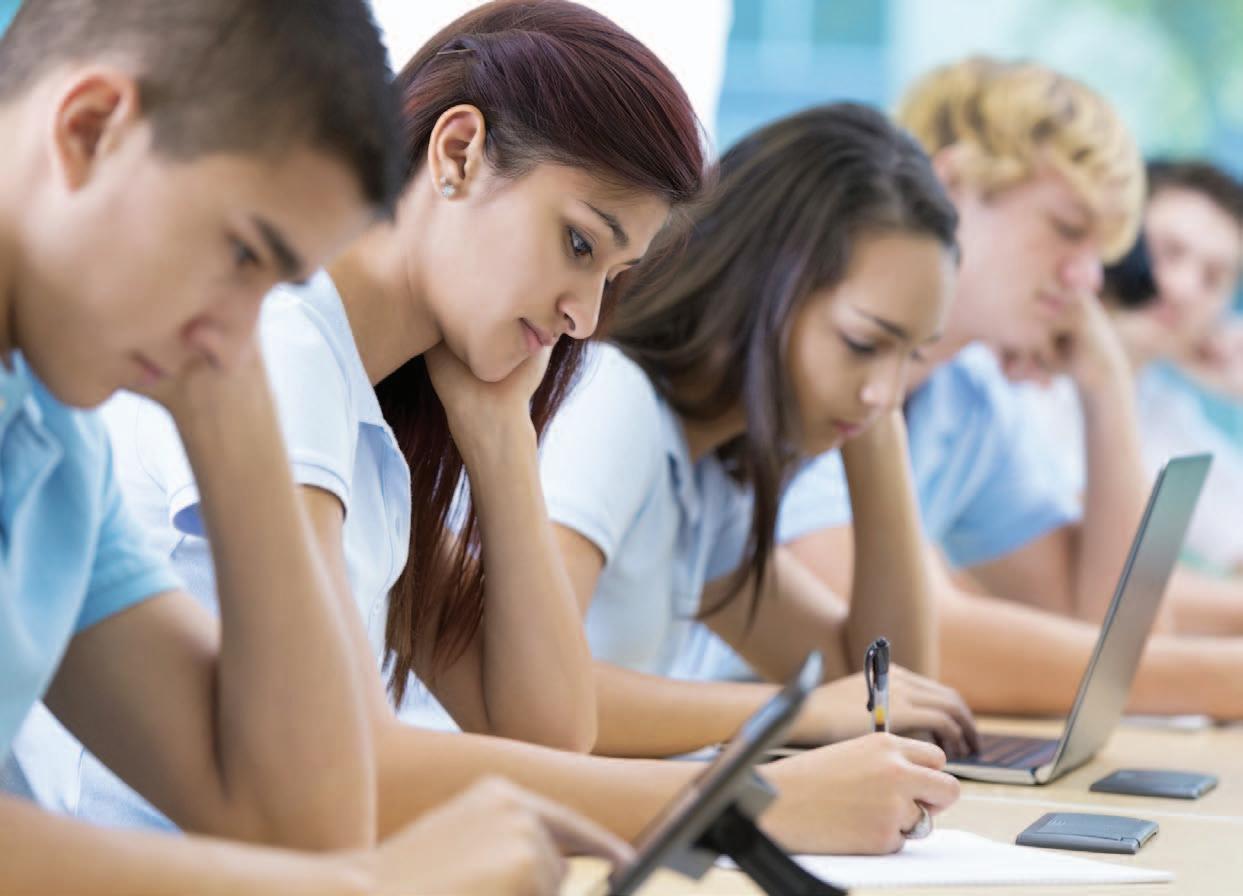Features
Love your country: some thoughts on patriotism George Walker joins a national debate The ill-tempered argument about the United Kingdom’s future relationship with the European Union (EU) has brought an old fashioned word into the heart of the debate – patriotism. The British Prime Minister, David Cameron, described his ‘big, bold patriotic case’ for remaining within the EU while his cabinet colleague, the Justice Secretary Michael Gove, insisted that leaving the EU would be an ‘empowering moment of patriotic renewal’. One definition of patriotism is ‘the emotional attachment to a nation which an individual recognises as their homeland’ and arguably the key word in this definition is emotional. It reminds us that while patriotism has rational roots in a shared history, culture and citizenship, there is also an irrational element comprising nostalgia and pride, and a dangerous element that appears when patriotism turns into nationalism. Is patriotism a virtuous quality deserving of encouragement in programmes of education or does it remain, in Dr Johnson’s words, the last refuge of the scoundrel? Let us examine some examples of this controversial concept.
Love your country The early morning tram to the International Baccalaureate office used to take me past the spot where Geneva’s most famous citizen, Jean-Jacques Rousseau, was born in 1712. A supermarket has replaced the original house, and written incongruously in large script on its shiny tiled façade are the words of advice given to Jean-Jacques by his father, Isaac: ‘Jean-Jacques, aime ton pays’. Rousseau’s ‘pays’ was the protestant republic of Geneva with a population scarcely equal to that of a small market town, and Isaac went on to describe the close human relationships that should underpin his son’s patriotism:
‘The Genevois are your friends and brothers; joy and harmony reigns in their midst. You are Genevois and you will meet other people, but even if you travel as much as I have you will never find their equals’. Rousseau was proud to be a citizen of Geneva and so describes himself on the title page of his famous political treatise, The Social Contract. In 1762 he chose Geneva’s democratic governance as a practical model on which to build his theory of an appropriate relationship between the individual and the state. Rousseau wrote:
‘I feel happy whenever I meditate on governments, always to discover in my researches new reasons for loving that of my country.’ But his patriotism won him few friends. The Social Contract was deemed seditious, copies were burned in the streets of Geneva and he spent the last quarter of his life in exile, surrendering his precious Geneva citizenship. Rousseau did love Geneva and he retained strong memories of that conversation with his father – ‘My father, embracing me, was shaking so much that I can still feel and share it today’ – but only in the sense that he loved what Geneva stood for. Rousseau was a loner with an awkward, unattractive personality who attached little importance to the ‘joy and harmony of friends and brothers’. Patriotism for him had little to do with the day-to-day association with his fellow citizens, but rather a sense of pride in a system of governance designed to protect their freedoms within the structure of a modern state. He never allowed the love of his country to weaken his criticism of what he often saw as its shortcomings.
Spring
Autumn |
| 2016
37























